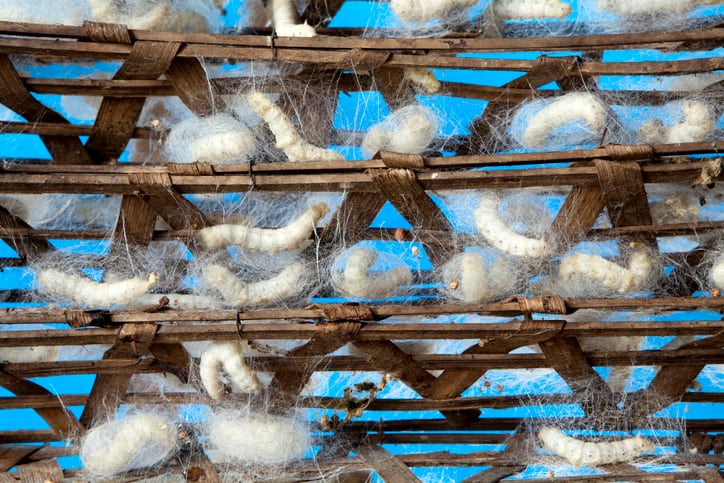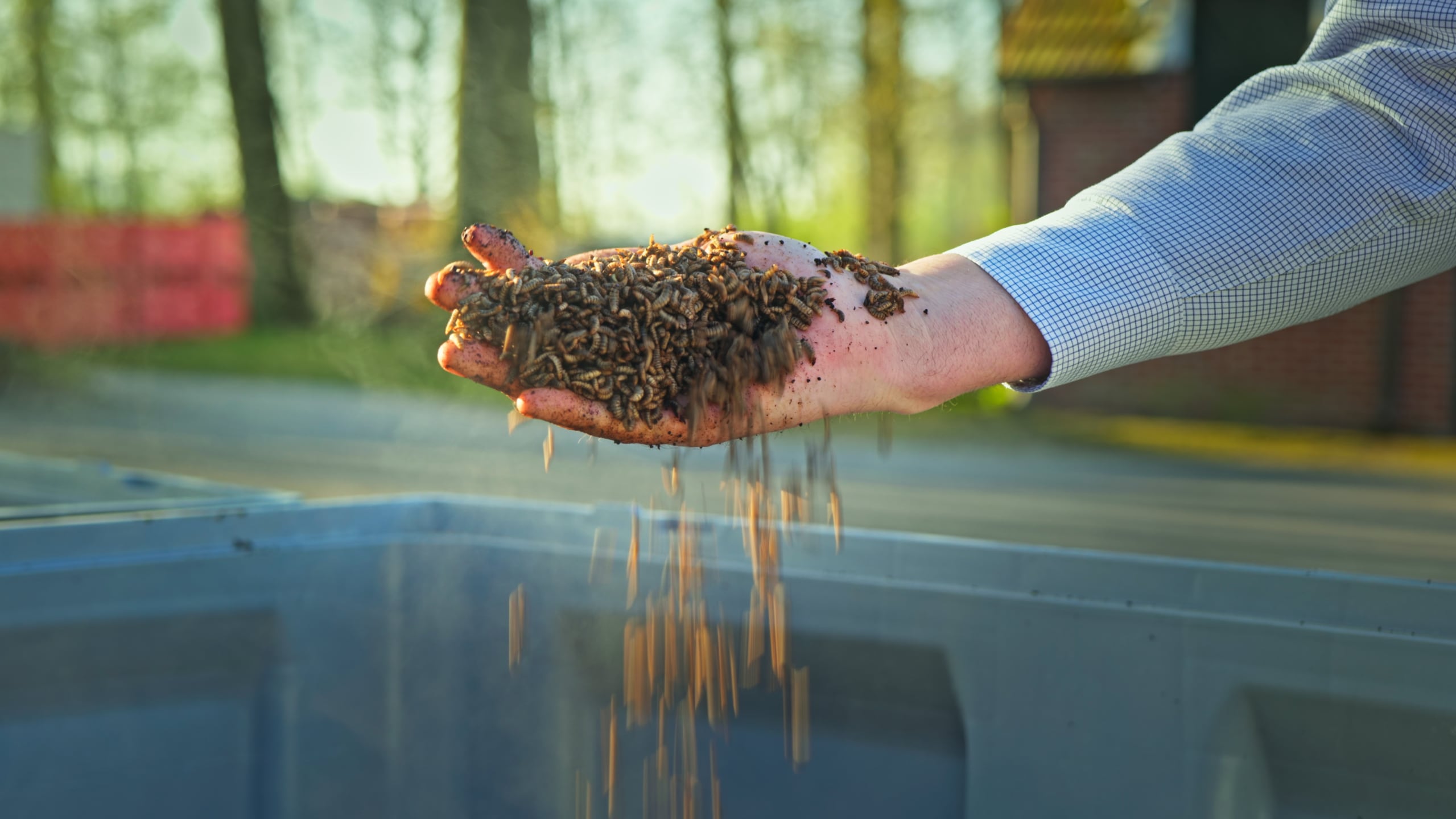The French Commercial Court of Évry extended the receivership observation period for Ÿnsect until September 2025. The decision, handed down on June 30, comes as the company presented a new business plan aimed at restructuring and adapting to evolving financial and market conditions.
The plan has been shared with key clients and commercial prospects, who, according to the Essonne-headquarted company, have responded positively and signaled strong interest in supporting the revised strategy.
Ÿnsect entered a safeguarding procedure to avoid insolvency in autumn 2024, following mounting financial pressures exacerbated by a challenging post-COVID investment climate. In the latest phase of its turnaround efforts, it is running operational trials at its Amiens facility to evaluate a new, lower-cost insect production model that combines traditional farming methods with the company’s accumulated expertise.
“Our goal is to align operations with current market realities and gradually scale up production and sales,” a company spokesperson tells AgTechNavigator.
Founded in 2011, Ÿnsect rapidly rose to prominence in the agri-tech sector, securing over US$600m in investment. Its 48,000-square-metre vertical farm in Poulainville, near Amiens - touted as the largest of its kind globally - was completed in 2021 with financial backing from local and national authorities, including the Amiens metropolitan area, the Hauts-de-France region, and the French government.
The company used a combination of vertical farming, AI-driven monitoring systems, and robotics to rear mealworms and transform them into high-value products such as protein powders for animal feed, aquaculture, and human consumption, as well as organic fertilizers. In 2023, it launched a new pet food ingredient brand, Sprÿng, as part of efforts to diversify its revenue streams.
Despite “a full order book” and its innovative approach, Ÿnsect was unable to withstand the economic headwinds that followed the pandemic. With industrial operations currently suspended in Amiens, the company is now focused on securing additional financing and validating that new farming model.
Recovery plan
According to the company spokesperson, current shareholders have committed €8.6m to support key priorities, including:
- Completion of insect farming trials in Amiens
- Further development of processing infrastructure
- Engaging major players in the animal feed sector for strategic partnerships, and
- Attracting new investors to fund a broader recovery plan that involves debt restructuring.
In a parallel move, Ÿnsect has launched a major cost-reduction initiative, including a redundancy plan affecting 111 positions across its sites in Amiens, Évry, and Paris. The French regional labor authority (DRIEETS) has approved the plan.
Additionally, Ÿnsect’s site in Damparis (Jura), near Dole, is reportedly set to be acquired by co-founder Antoine Hubert through his new venture, Keprea. Hubert, who previously served as CEO, remains on Ÿnsect’s board as director and head of strategy. In April 2025, the company appointed Emmanuel Pinto as CEO. Pinto brings experience in business recovery, having been a partner at Dirigeants & Investisseurs since 2022. He replaced Shankar Krishnamoorthy, who had led the company since 2023.
While the future remains uncertain, the upcoming court hearing in September will be a critical juncture. The court will determine whether Ÿnsect can continue operations under its revised business model or face judicial liquidation.
Derisking insect protein: Avoiding pitfalls
Despite Ÿnsect navigating a complex restructuring period, other, newer players in the European insect protein space are showing momentum.
In May, Finnish Black Soldier Fly (BSF) specialist Volare closed a €26m funding round to build a production facility in Pori, backed by investors and public agencies including Maki.vc, The Finnish Climate Fund, and Business Finland.
In Spain, InsectBiotech is targeting €150m in revenue by 2031 by converting waste from Andalusia’s olive oil industry into protein, insect oil, soil amendments, chitin, and biofuels using BSF larvae. Co-founder Tobias Webb says the company is taking a “second-generation” approach - learning from past industry missteps like high automation costs and unsustainable business models.
Regulatory clarity
EU insect-based ingredient producers could stand to benefit from recent calls for protein diversification in the bloc. On July 14, EU farming ministers gathered to discuss a more inclusive EU Protein Strategy, with countries voicing support for novel protein sources like insects and algae.
The Netherlands, Sweden, and Finland specifically urged reforms to unlock the potential of insect farming, urging the EU Commission to revise outdated legislation and streamline approval processes.
The International Platform of Insects for Food and Feed (IPIFF) welcomed the Council’s conclusions, noting the growing consensus that all protein sources: plant-based, animal, and novel, must be treated equally within the EU Protein Strategy.
IPIFF is calling for binding sustainability targets and minimum incorporation rates of sustainable protein ingredients in feed, ensuring a more stable and supportive environment for both emerging and established players. That organization is optimistic that upcoming policy will deliver long-awaited recognition, funding, and regulatory clarity to accelerate growth across the industry.





